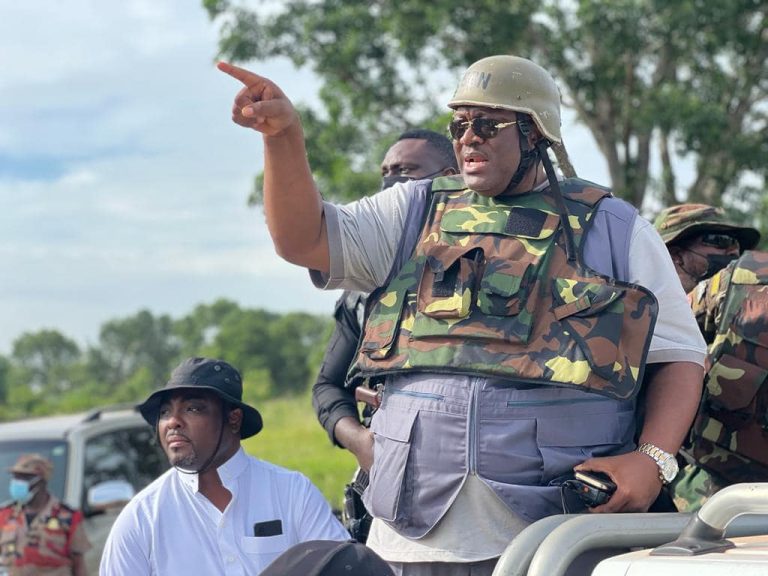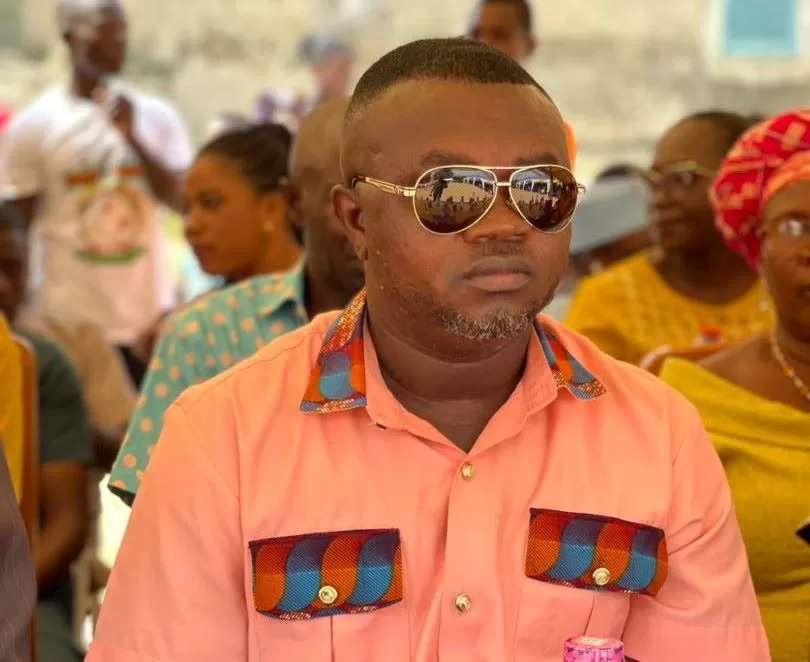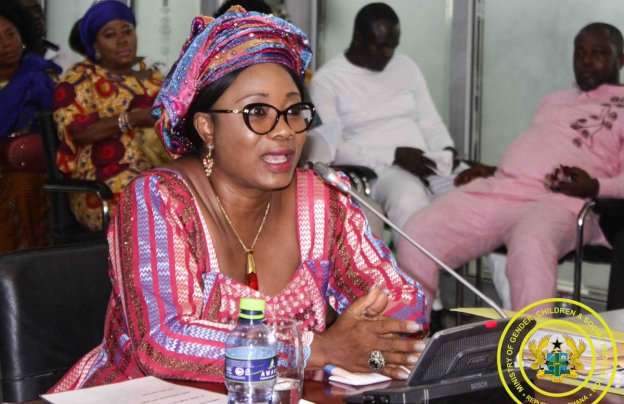 Over 40 indigenous Ghanaian languages are being threaten with extinction due to lack of recognition, Cecelia Amankwah, Country Director of Engage Now Africa has observed.
Over 40 indigenous Ghanaian languages are being threaten with extinction due to lack of recognition, Cecelia Amankwah, Country Director of Engage Now Africa has observed.
She describes as unfortunate the loss of some languages, despite the crucial role languages play in community engagements.
Speaking at an event to mark the 2019 International Literacy Day in Kumasi, Mrs. Amankwah said “the revitalization of indigenous languages is essential for ensuring the continuation and transmission of culture, customs and history”.
Ghana has about 83 languages of which 40 have been documented but only 11 are recognized in the curricula of the Ghana Education Service (GES).
[caption id="attachment_135378" align="aligncenter" width="1858"]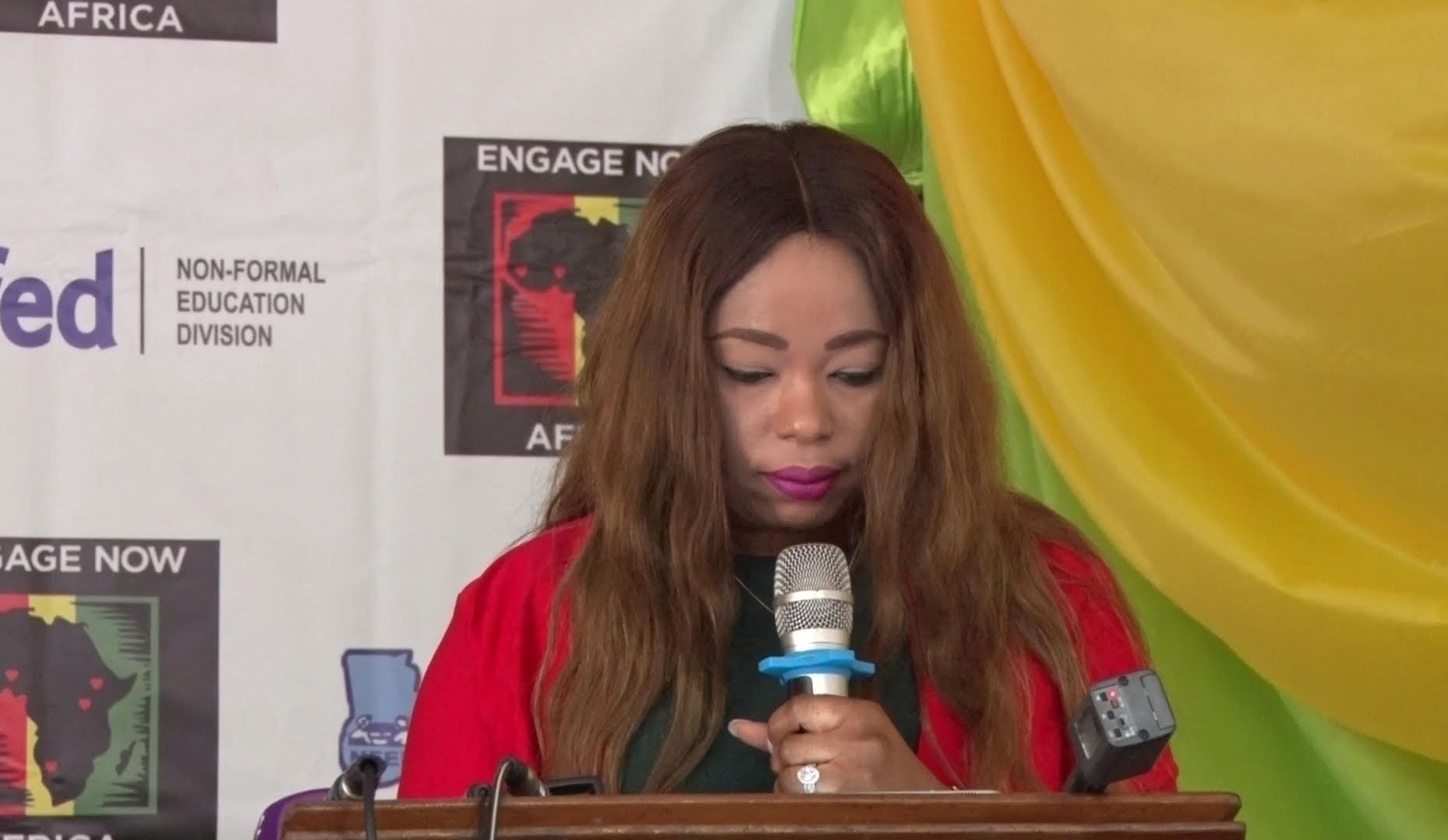 Cecelia Amankwah[/caption]
Cecelia Amankwah[/caption]
The situation, according to stakeholders in the literacy sector, is worrying.
Engage Now Africa hopes to help promote, protect and project the speaking of indigenous languages.
Director of Non-Formal Education Division at the Ministry of Education, Francis Asumadu, called on the GES to expand the number of languages recognized in its curricula.
“Where a society’s language is different from the school language, children struggle to become more literate. So the ministry needs to look at the language policy and enhance it for comprehensive and quality education,” he said.
[caption id="attachment_135379" align="aligncenter" width="2340"]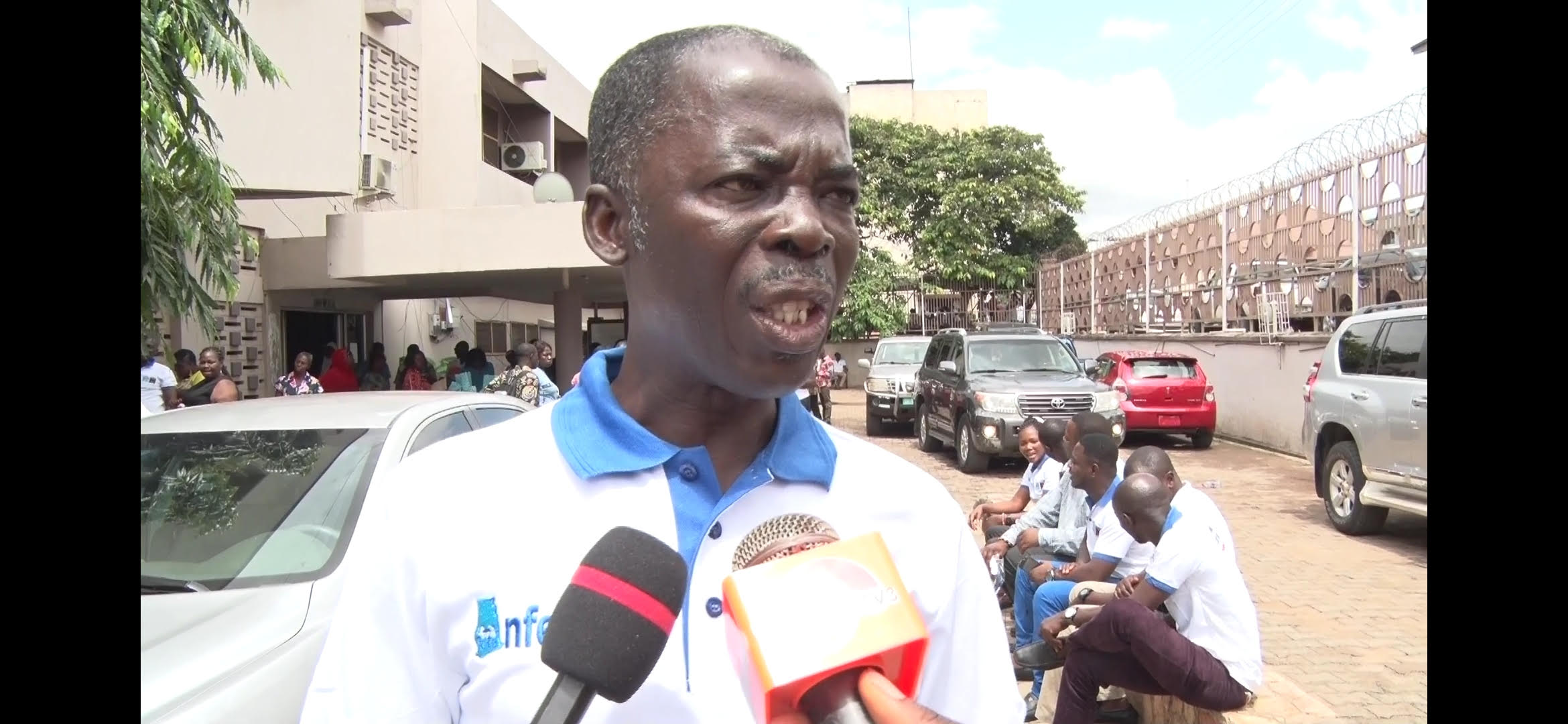 Francis Asumadu[/caption]
Francis Asumadu[/caption]
Ashanti Regional Minister, Simon Osei-Mensah also noted the importance of the local dialect cannot be undervalued since it opens up the mind.
He said “saving indigenous languages is crucial to ensure the protection of the cultural identity and dignity of indigenous peoples and safeguard their traditional heritage. It’s time our educational system have a relook at the study of our various languages and make them important in the curriculum”.
Ghana is not the only country facing the challenge of having most of its languages disappearing.
Worldwide, about 2,680 languages are fading. To save the situation, the United Nations has declared 2019 as the Year of Indigenous Languages to protect speakers of such languages and appreciate their cultural diversity.
This aims at leaving no one behind, emphasizing that it is also critical not to leave any language behind.
By Ibrahim Abubakar | 3news.com
]]>


